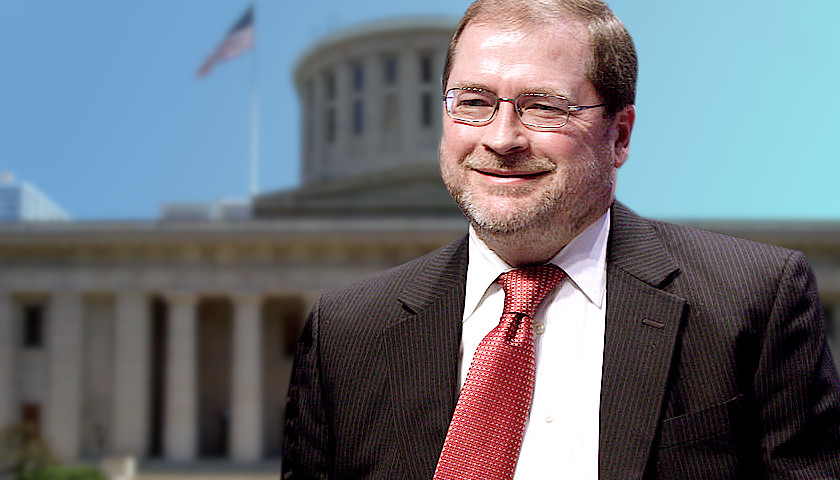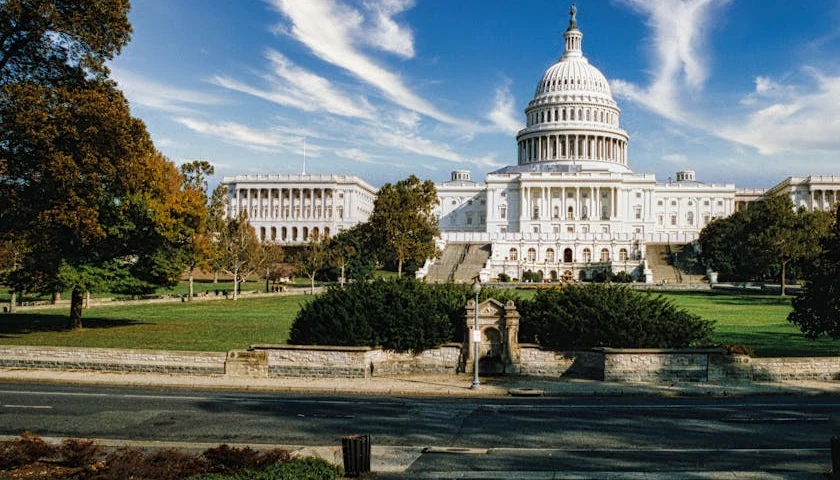Grover Norquist, President and Founder of the nationally recognized Conservative taxpayer advocacy group Americans for Tax Reform (ATR), implored Ohioans Friday to reject the “straight up” gas tax currently being considered by the Ohio Legislature.
In an open letter, Norquist warned;
A gas tax hike does the greatest harm to households who can least afford it. Coupled with gas tax prices that have been creeping up in Ohio, a gas tax hike would have especially adverse effects on the state’s lower income earners. Additionally, the 2003 gas tax increase failed to meet revenue projections.
Also consider that a state gas tax increase would counteract the benefits of federal tax reform and eat into Ohio taxpayers’ federal tax cut savings. This is one of the reasons why Congress has declined to raise the federal gas tax, despite pressure for them to do so.
The bill has been a source of significant controversy, forcing a schism between many Ohio Republican legislators and the Ohio Republican Governor, Mike DeWine. While there is an overwhelming consensus that something must be done to address the rapidly decaying roads and bridges in Ohio, how best to fund these repairs is still up for debate.
When DeWine first introduced House Bill 62 (HB 62), which would create the transportation budget for the 2020-2021 biennium, it included an 18 cent gas tax increase. He defended this increase in his State of the State Address by stating;
“Members of the General Assembly, by requesting $1.2 billion dollars to fill the budget hole and
meet existing needs, let me assure you that I am taking a minimalist, conservative approach, with
this being the absolute bare minimum we need to protect our families and our economy.”
In spite of this, Republicans in the House pushed back significantly, reducing it to “10.7-cents more per gallon of gas and 20-cents more per gallon of diesel.”
Norquist is now arguing against the entire “straight-up” tax increase, citing;
According to Strategas Research Partners, 60% of the federal income tax cut would be wiped out by a $0.25 gas tax increase and rising prices. In addition to being bad policy, a gas tax increase is bad politics. Ballot measures to hike state gas taxes were resoundingly rejected in Missouri, Utah, and Washington State just last year. Between that and the throngs of French citizens now protesting President Emmanuel Macron’s gas tax hike, which he just suspended, it’s clear that gas tax hikes are a political loser, both at home and abroad.
Norquist, while consistently opposed to tax increases, stressed in the letter that it is the “straight-up” nature of the tax increase that is most troubling. Other Ohioan legislators, like Federalism Committee Chair John Becker (R) have argued that for every dollar that the gas tax will increase rates, there should be matching tax breaks, making the hike “Revenue Neutral.” Thus far, budgetary offsets have not been included in the new House bill but as it moves to Senate, one can expect more changes to come.
To go into effect for the upcoming fiscal year (July 1st), the bill must be signed into law by March 31st.
– – –
Andrew Shirley is a reporter at Battleground State News and The Ohio Star. Send tips to [email protected].
Photo “Grover Norquist” by Gage Skidmore. CC BY-SA 2.0. Background Photo “Ohio State Capitol” by Alexander Smith. CC BY-SA 3.0.





